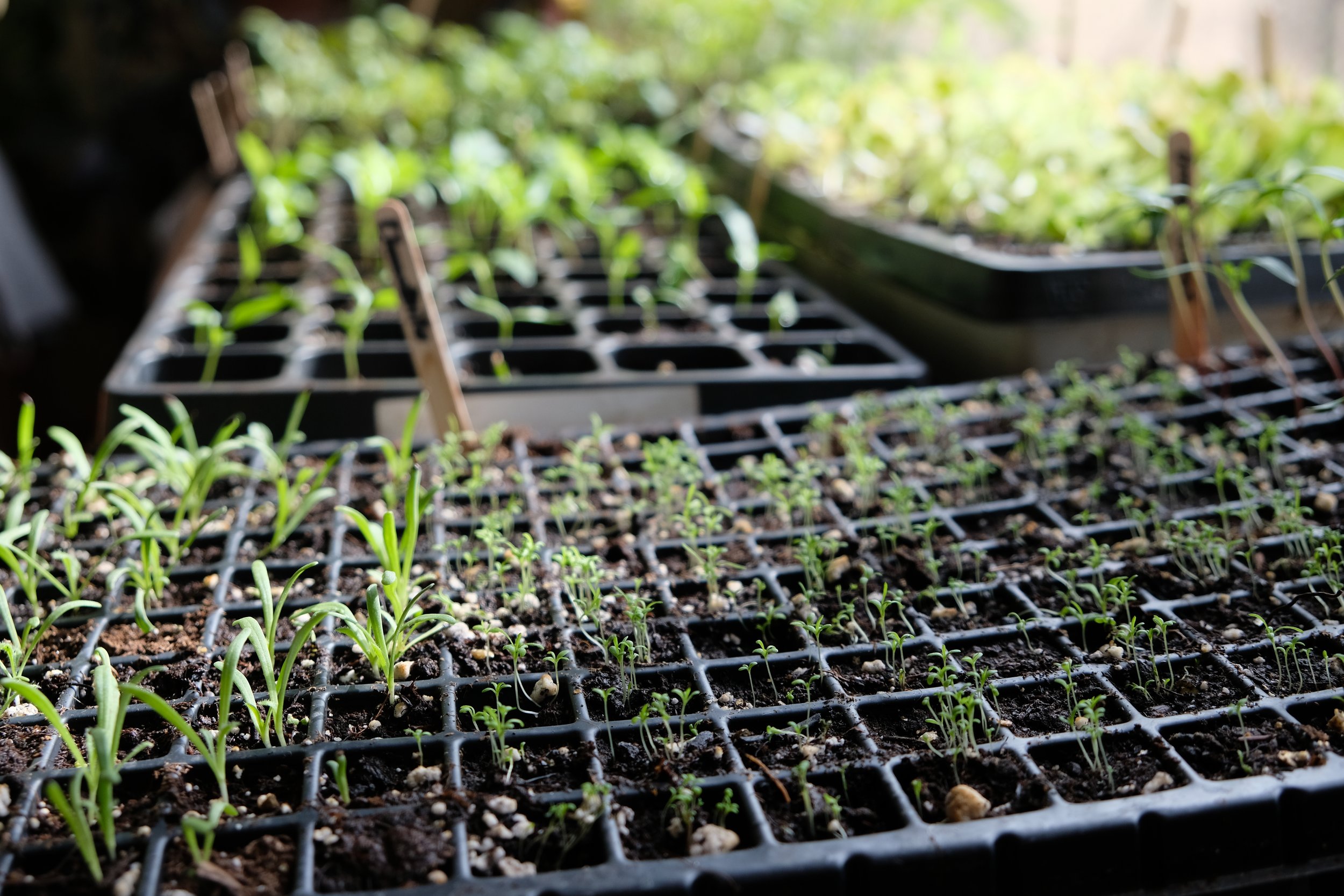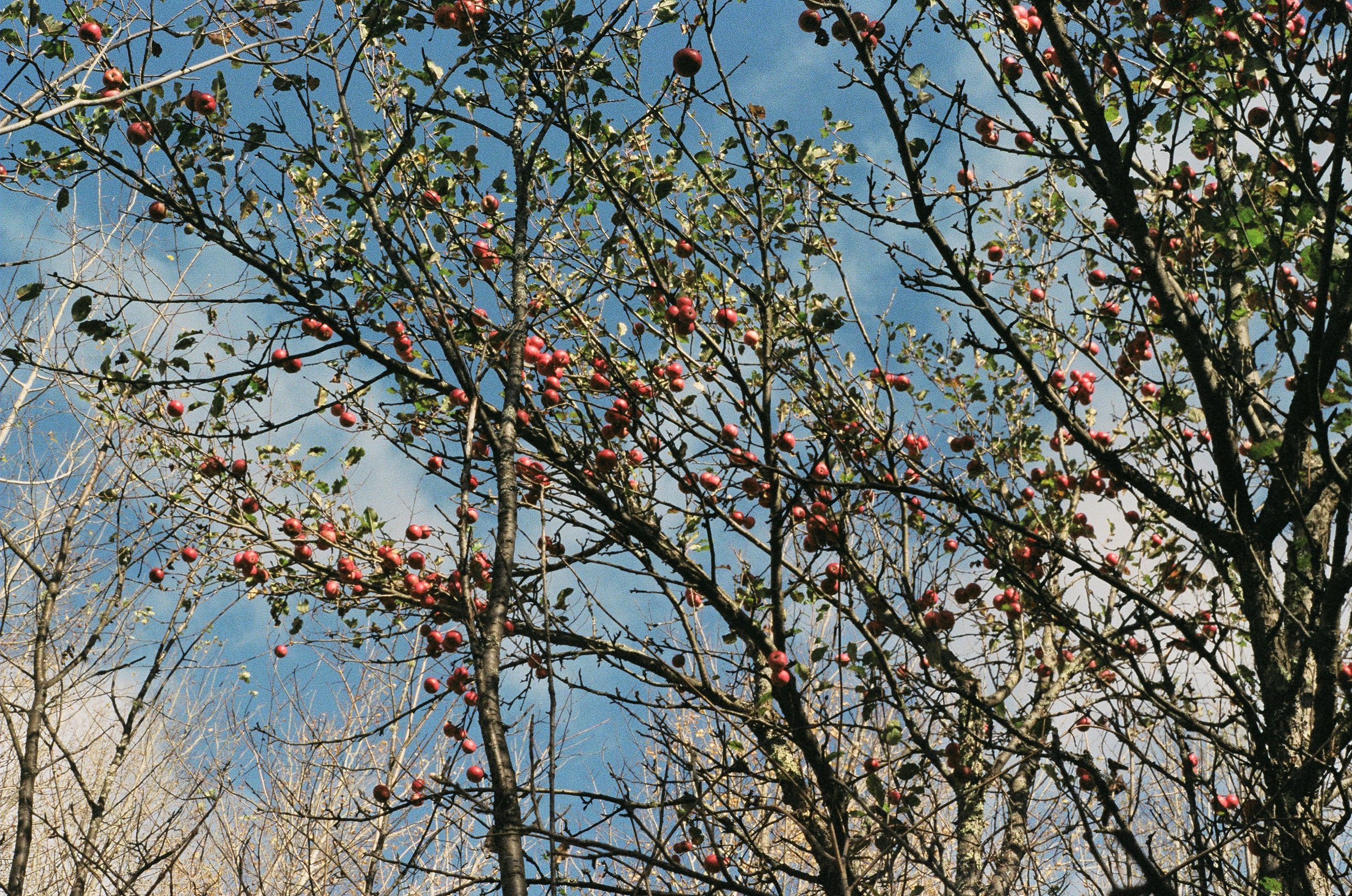
My teaching aims to empower students to shape their own learning, equip them with the tools and skills to do so, and see new possibilities to engage with, and ultimately change, the food system.
Courses
-

SOCI 388: The Sociology of Food and Eating
Instructor (Fall 2024, Spring 2025)
Department of Sociology
University of Victoria
This course will explore some of the ways to think sociologically about food, eating and agriculture, including socio-political, economic and ecological dynamics and how they intersect. Students will learn to understand and use concepts such as food system, foodscape, food justice, food security, and food sovereignty, and the ways that capitalism and colonialism shape food system dynamics. We will also explore debates and concepts related to food that have emerged in sociology, but that have broad applicability to other fields and to our lives as eaters, citizens and community members. Overall, this course gives students a starting point to think about the food on their plates in new ways, and the opportunity to explore ideas and concepts that excite them. -

SOCI 437: Issues in Environmental Sociology and Climate Change: Sustainable Agri-Food System Transitions
Instructor (Spring 2023)
Department of Sociology
University of VictoriaAgri-food systems provide an ideal entry point to study environment and climate change issues from a sociological perspective, as they are shaped by ecological realities and societal structures while also being intimately linked to our daily lives and experiences. What historical trajectories gave rise to the dominant industrial food system we see today? What are the different propositions for how to advance environmentally and climate-friendly agri-food systems, and how do they reflect distinct assumptions about power and societal change? How do agri-food systems link to struggles for environmental and climate justice? What can we (as individuals and collectives) do to advance sustainable agri-food system transitions in our own lives?
This course will equip students to understand key debates, concepts and theories related to environmental and climate justice in agri-food systems. Together, we will examine how environmental injustices and unsustainability are produced by the dominant agri-food system, and key theories and proposals for pathways to agri-food system change.
-

LFS 250: Land, Food and Community I: Introduction to Food Systems and Sustainability
Senior teaching assistant (2020-22)
Teaching assistant (2014-16; 2019-20)
Course coordinator (2015-16)
Faculty of Land and Food Systems
University of British ColumbiaLand, Food and Community I (LFS 250) is part of the Land, Food and Community (LFC) series – the academic core of all programs in the Faculty of Land and Food Systems. The objective of the LFC series is to create learning opportunities that encourage students to become citizens, professionals, and leaders who understand the opportunities and obstacles to creating regional, national and global food systems that are ecologically, socially and economically sustainable.
In LFS 250, we begin the process of becoming food systems thinkers by analyzing global and regional food systems through theory and personal experience. By participating in interdisciplinary group work, students learn about complex food system issues and how their disciplines contribute to addressing food system sustainability, food security, and food sovereignty.
-

LFS 350: Land, Food and Community II: Principles and Practice of Community Food Security
Teaching assistant (2017)
Faculty of Land and Food Systems
University of British Columbia
Land and Food Systems students who have completed the Land, Food and Community (LFC) core series are systems thinkers, able to work collaboratively in multicultural, inter- and trans- disciplinary teams to develop solutions for complex, multi-stakeholder issues related to food, health and the environment. Incorporating academic and community perspectives, they apply their knowledge in an environmentally, socially and economically sustainable manner to community food security challenges.
In LFS 350, students have the opportunity to contribute to addressing issues of food system sustainability and community food security through collaboration with local and regional organizations.